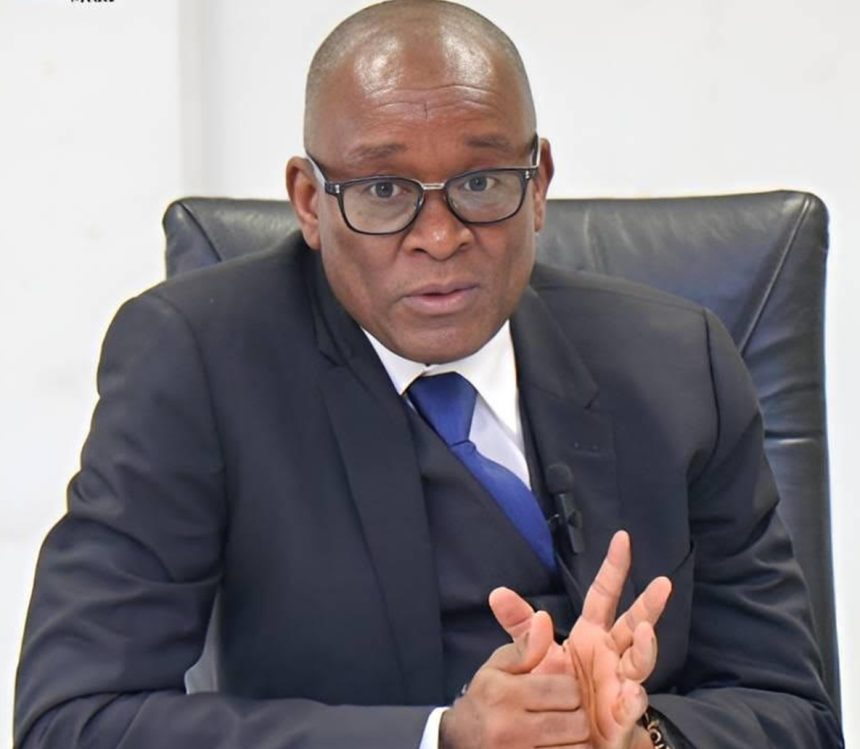The Federal Government has reaffirmed its commitment to tackling the challenges facing Nigeria’s industrial sector as part of President Bola Ahmed Tinubu’s vision for an industrial revolution.
Minister of State for Industry, Trade, and Investment, Senator John Owan Enoh, gave this assurance during his tour of key industrial locations in the South-West.
Government’s Plan to Revive the Manufacturing Sector
During visits to industries in Lagos and Ogun states, including Sunflag Nigeria Limited, GB Foods Nigeria, Friesland Campina WAMCO, and Mikano Industries, Enoh acknowledged the decline in the textile industry and its negative impact on productivity and job creation.
To address these issues, he announced plans for a Cotton Textile Garments (CTG) stakeholder session and the creation of an Industrial Revolution Work Group (IRWG), which will include representatives from various sectors, including the Manufacturers Association of Nigeria (MAN).

“I have the immediate mandate to promote Made-in-Nigeria goods and services,” Enoh stated. “This government, led by President Tinubu, is committed to providing the necessary support to manufacturers.”
Ease of Doing Business and Industrial Growth
Enoh emphasized that the government has introduced various incentives to improve the business environment and encourage local manufacturers.
“We commend these companies for their resilience despite economic challenges,” he said. “Our goal is to ease the difficulties businesses face and create an enabling environment for industrial expansion.”
He highlighted that the IRWG would act as a think tank and liaison between industries and the government, working to identify and solve key industrial challenges.
Ogun State’s Push for Industrial Expansion
While in Ogun State, Enoh met with Governor Dapo Abiodun, who shared plans for West Africa’s largest cotton and apparel industry, set to employ 40,000 people within the Special Processing Zone.
Abiodun also pointed to Morocco’s success in attracting investors and producing aircraft parts, suggesting that Nigeria could benefit from similar collaborations.
In response, Enoh acknowledged Ogun State’s role as Nigeria’s leading industrial hub and praised its efforts in supporting industrial growth.
“While we acknowledge the constraints industries face, Nigeria’s economic potential remains enormous. By working with the private sector, we can drive the industrial revolution needed for national development,” he concluded.



